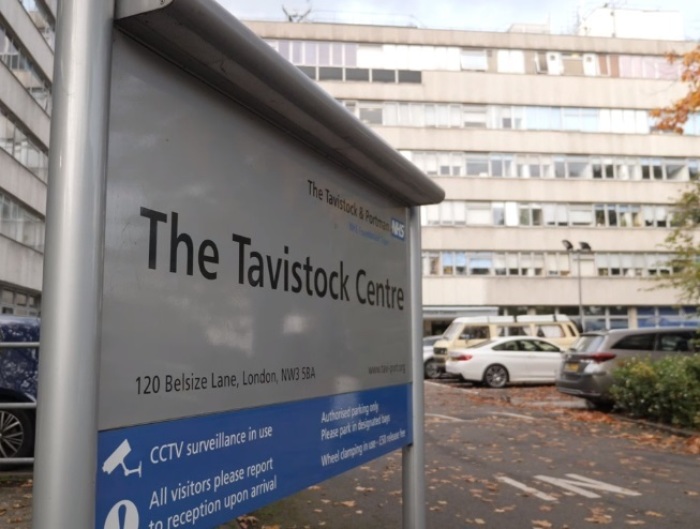Over 70 children under 5 referred to shuttered Tavistock gender clinic: report

Among the 382 children ages 6 and under referred to the Tavistock gender clinic in London over the past decade, more than 70 were as young as 3 and 4, according to a recent report on the now-shuttered facility that pursued "gender-affirming" interventions for minors.
The Gender Identity Development Service (GIDS), run by the Tavistock and Portman NHS Foundation Trust, began operating in North London in 1989. The clinic recommended puberty blockers to gender dysphoric children, and a 2022 report by Dr. Hilary Cass, a retired pediatrician, found the clinic performed services that were "not safe or viable."
Figures from the trust, first reported this week by The Daily Mail, show that the number of young people seen by the clinic went from 136 in 2010-11 to 3,585 in 2021-22. In addition to 12 3-year-olds, 61 4-year-olds, 140 5-year-olds and 169 6-year-olds were referred to the clinic.
The NHS Trust that operates GIDS stated that in cases involving 3-year-old children, the children didn't receive "treatment," and staff consulted with parents to provide support and advice. But former Parliamentary Under-Secretary of State for Mental Health, Inequalities and Suicide Prevention Jackie Doyle-Price argued that the clinic should never have seen children that young in the first place.
"There needs to be a clear message that goes out to let kids be kids. Let them play and use their imaginations," Doyle-Price told The Daily Mail. "We shouldn't be medicalizing something which is just growing up."
The Tavistock clinic is set to be replaced by two regional hubs in April, according to the outlet.
"From now on, only NHS general pediatric services or young people's mental health services will be able to make referrals to the national waiting list after a backlog of 8,000 built up under GIDS," the outlet reported.
The clinic faced scrutiny, particularly after NHS England commissioned Dr. Cass to investigate the services at the clinic. The findings of the report appeared to validate whistleblowers' claims that the clinic did not follow prescribed safeguards and clinical standards.
Psychiatrist David Bell previously released a report in 2018 about the clinic's experimental procedures on children, claiming that it fast-tracked young adults into medically transitioning without exploring other issues that may have caused the desire to transition.
In June, NHS announced new interim guidelines for treating children with gender dysphoria, outlining the alternative approach in a 25-page document. The NHS announced that under the new guidelines, it would only commission puberty-suppressing hormones as part of clinical research.
The institution also warned that many children who profess that they identify as the opposite sex may be going through a "transient phase," or they have other mental health issues that need to be addressed.
"A significant proportion of children and young people who are concerned about, or distressed by, issues of gender incongruence experience coexisting mental health, neuro-developmental and/or personal, family or social complexities in their lives," the NHS document stated.
The NHS explained that the main objective should be to "alleviate" the distress a child feels if they are experiencing discomfort with their sex. In addition, the new provision addressed the impact of allowing a child to socially transition, stressing that not all young people with gender dysphoria benefit from it.
"The Service will aim to maintain a therapeutic relationship with young people and their families throughout any subsequent social changes or physical interventions," the protocols explained.
"This ensures that decisions about gender expression and the treatment of gender incongruence are thoughtfully and recurrently considered," they continued. "The same reasoning applies if a young person has already socially changed gender role prior to being seen by The Service."
Regarding children who had already begun taking puberty blockers or cross-sex hormones, the NHS advised that their medical providers assess them on a case-by-case basis. The protocols also strongly recommend against sourcing puberty blockers or cross-sex hormones from online providers.
In October 2022, England's NHS warned doctors against being too quick to encourage young people to socially transition during what may be a "transient phase."
Samantha Kamman is a reporter for The Christian Post. She can be reached at: [email protected]. Follow her on Twitter: @Samantha_Kamman



























